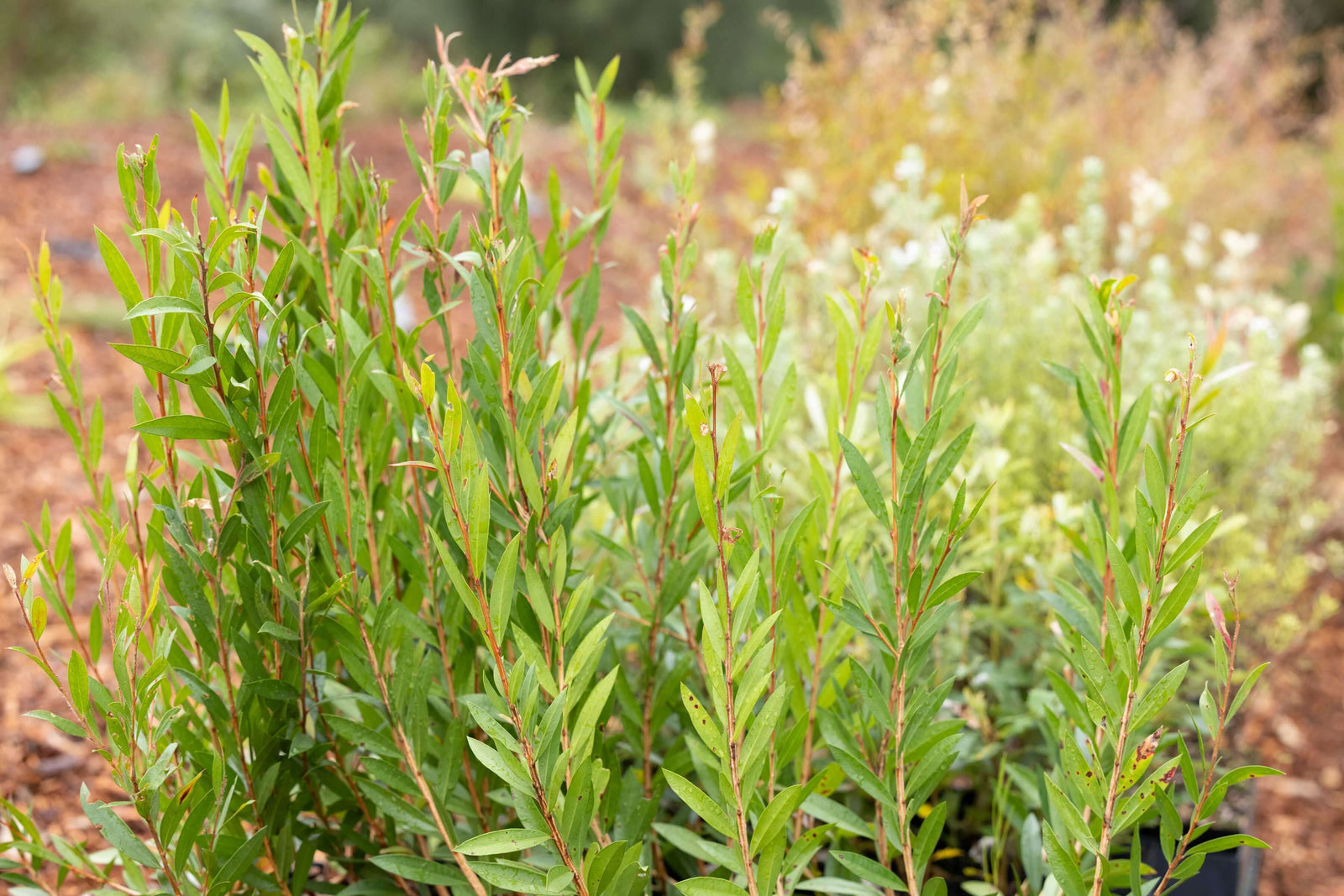Friday 27 May marks the start of National Reconciliation Week for 2022. This year’s theme centres around the statement “Be Brave, Make Change”. This week is a time for all Australians to learn about our shared history and to understand how we can take steps towards achieving effective reconciliation in our country.
Each year, National Reconciliation Week is celebrated from May 27 to June 3, recognising two significant dates in Australia’s history.
National Reconciliation Week starts on May 27 marking the day of the 1967 Referendum, which saw 90% of Australians voting to include Aboriginal and Torres Strait Islander peoples in the Census. Until this time, Aboriginal and Torres Strait Islander peoples were not recognised as part of our population. This decision altered the Constitution so that the Australian Government could begin enacting laws that would address the inequalities between the indigenous and non-indigenous population.
The week ends on June 3, the anniversary of the 1992 Mabo Decision. This decision from the High Court overruled the idea that terra nullius (land that belonged to no one) applied in Australia, recognising Aboriginal and Torres Strait Islander peoples as the Traditional Owners of our land.
These important dates stand as recognition of what First Nations people have overcome and remind us of how far we still have to go to effectively achieve reconciliation as a nation. As individuals, organisations, and communities - all have a role to play.
Greenfleet is taking proactive steps to working with Indigenous Australians through our Reconciliation Action Plan (RAP) and ensuring we are enabling action on the ground through our work. Some of the projects we are working on with Traditional Owners include:
- Restoring 1,100 hectares of ex-pine plantation to native forest in the Noosa Hinterland with Kabi Kabi peoples, the traditional owners of Queensland’s Sunshine Coast region.
- Extending wildlife habitat and restoring native grasses that can be used for traditional practices with Traditional Owners in Central Victoria, the Dja Dja Wurrung people.
- Planting native and fruit trees at Kowanyama in Far North Queensland with the local Indigenous community to provide food sources as the trees grow.
Through our work, we know the importance of utilising indigenous plant species and are committed to working with Traditional Owners as we continue restoring native forests across the country.

Greenfleet’s CEO, Wayne Wescott recently reflected on the three pillars that underpin Greenfleet’s work. The first being carbon offsetting, via native reforestation, the second being the restoration of biodiversity throughout our country and the third being reconciliation with our First Nations People. He said, “this decade we are going to work very hard with, and the last few years we have learnt a lot about Indigenous Reconciliation. Each part of our community needs to play their part”.
Wayne has acknowledged, “Greenfleet is determined to work closely with Aboriginal and Torres Strait Islander communities over the coming years to play an effective role with them in enabling action on the ground.”
With the knowledge shared with us by Traditional Owners, we want our supporters to understand the importance of their wisdom and acknowledge the role Indigenous Australians have played in caring for Country for tens of thousands of years.
Reconciliation Australia has many resources you can explore about the importance of National Reconciliation Week here. You can also Greenfleet’s Reflect RAP here.




